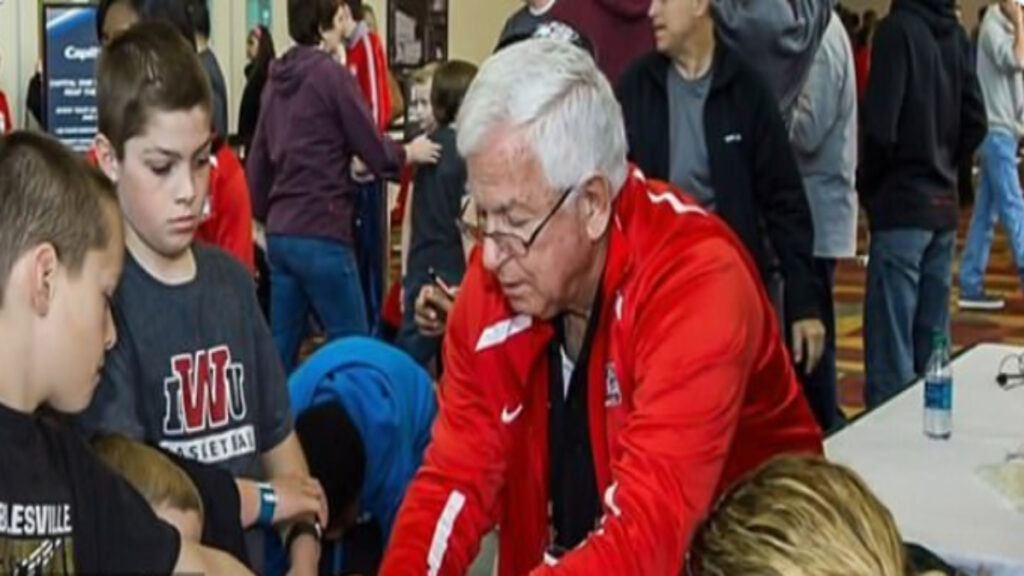
Emmy Hildebrand almost deleted the suspicious email when it popped into her inbox early last year. A man claiming to be a lawyer asked if she, as the executive director of an Indianapolis-based nonprofit that provides housing to veterans, was interested in a donation.
It sounded like a typical scam offering millions of dollars if she would only fork over bank account information. “I honestly thought it was spam, and so I didn’t call right away,” Hildebrand, with HVAF of Indiana, told The Washington Post.
But she didn’t dismiss it out of hand either. Instead, Hildebrand researched the sender, Dwayne Isaacs, who she discovered was a lawyer working at a legitimate Indianapolis law firm.
Hildebrand called him. Isaacs was representing the estate of a man who had spent his life secretly amassing a small fortune and wanted to give it all away when he died. Isaacs had a question for Hildebrand.
ALSO READ: Texas Nonprofit Defies City Law, Feeds the Homeless on Christmas Day
Did she and her nonprofit organization want a million dollars? Hildebrand wasn’t the only one. Isaacs contacted several nonprofits around Indianapolis in the year following Terry Kahn’s death on Jan. 31, 2021.
Before reaching 77, Kahn had silently accumulated a multimillion-dollar fortune over decades. This is thanks to a substantial income, astute investing, and a commitment to extreme frugality.
After his death, the co-executors of his estate spent two years doling out a little more than $13 million. They distributed the funds to a dozen nonprofits around the city. These organizations included those that give school supplies to teachers, provide a haven for domestic violence victims, and house veterans and their families.
POLL—Should the Government Increase Taxes on the Wealthy To Reduce Economic Inequality?
Born in 1943, Kahn grew up with his parents and sister in Tucson, where his father worked as a doctor at the local Veterans Affairs hospital. He graduated from the University of Southern California with psychology and public administration degrees. Subsequently, he joined the Army and served in Vietnam.
Once he left the military, Kahn started working for the Department of Veterans Affairs at medical centers in New Orleans and Nashville. He settled in Indianapolis in 1976, where he worked at the Richard L. Roudebush VA Medical Center for 27 years. He retired around 2003 as the chief of human resources.
Around 2000, his mother died and left him an inheritance that he continued to invest wisely, Isaacs said. Whether it was an unexpected windfall or his paycheck, Kahn was “notoriously frugal,” according to Isaacs.
ALSO READ: Experts Warn Biden’s Student Loan Forgiveness is a Bad Idea
Despite being a multimillionaire, he didn’t own a cellphone, opting to borrow strangers’ phones if he needed to make a call. For more than 20 years, he lived in the same house that sold for just over $200,000 after he died, Isaacs said.
Kahn made Isaacs promise to refrain from spending money on an obituary, which he considered a waste since no one would be interested in his life. “He’s one of the most frugal people I’ve ever met,” Isaacs said.
You Might Also Like:
NRA Leader Wayne LaPierre Steps Down Amid Corruption Case
Loudoun County Students Protest Against Bathroom and Locker Room Policy
Advocates Argue School Cell Phone Bans Are Impractical
Travel Companies Busing Immigrants to Democrat Cities Evade Mayors’ Rules and Fines
Over 200 Service Members Sign Letter Against Military Leaders Over COVID-19 Vaccine Mandate
